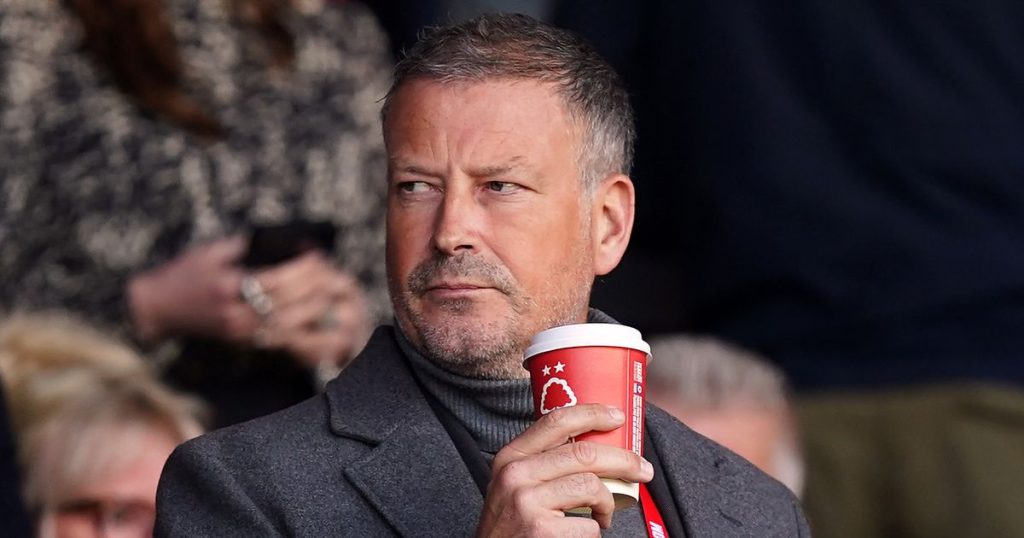Former Premier League referee Mark Clattenburg has resigned from his position as Nottingham Forest referee analyst following a request from Gary Neville. Clattenburg, who took up the role in February to improve understanding and relationships with match officials, left after a controversial performance by the officials in a match against Everton where Forest felt they were denied three penalties. Clattenburg criticized the officiating, calling it a “hat-trick of howlers,” leading to his resignation due to unintended friction between Forest and other participants.
In a statement, Clattenburg announced his departure, mentioning that his consultancy services had caused more harm than help to Nottingham Forest and led to personal targeting by certain individuals and pundits. Despite performing his services in good faith to help Forest understand match incidents and VAR decisions, he felt that his role was no longer beneficial to the club due to the negative outcomes and reactions. Clattenburg expressed regret over the situation and wished Nottingham Forest well for the remainder of the season and the future, calling his time with the club an honor.
Gary Neville’s call for Clattenburg to leave Forest reportedly contributed to his decision to resign. The former Premier League referee’s departure comes amidst ongoing controversies surrounding Forest’s matches and officiating decision-making. Clattenburg’s criticism of the officials and the VAR system after the Everton game added to the tension between him and Forest, ultimately leading to his resignation from the analyst role. Clattenburg’s exit comes as a surprise, considering his extensive experience as a match official and his initial intentions to assist Forest in navigating key match incidents.
The situation highlights the delicate balance and challenges faced by individuals in roles that involve providing analysis and consultancy services to clubs and organizations in the sports industry. The complexities of dealing with conflicting interests, maintaining professional relationships, and managing expectations can sometimes lead to unintended consequences and negative outcomes. Clattenburg’s resignation serves as a reminder of the importance of clear communication, alignment of goals, and ethical conduct in such roles to avoid misunderstandings and conflicts that could impact the reputation and effectiveness of the individuals involved.
The incident involving Mark Clattenburg and Nottingham Forest sheds light on the behind-the-scenes dynamics of football clubs and the roles of analysts and consultants in the modern game. The expectations and challenges faced by individuals in these positions, as well as the impact of their actions and decisions on club management, players, and fans, underscore the need for professionalism, transparency, and mutual respect in the sports industry. Clattenburg’s resignation serves as a cautionary tale for those in similar roles, emphasizing the importance of navigating relationships, managing conflicts, and upholding ethical standards to ensure positive outcomes and constructive contributions to the sport.
As the story unfolds, the repercussions of Mark Clattenburg’s departure from Nottingham Forest and the implications for the club’s future interactions with match officials and analysts remain to be seen. The incident raises questions about the role of referees in advisory positions, the challenges of providing unbiased analysis, and the potential conflicts of interest that may arise in such roles. Moving forward, it will be crucial for clubs, officials, and consultants to collaborate effectively, communicate openly, and uphold professional standards to maintain positive relationships and enhance the integrity and fairness of the sport. Clattenburg’s resignation marks a significant development in the ongoing dialogue surrounding match officiating, analysis, and decision-making in football.


